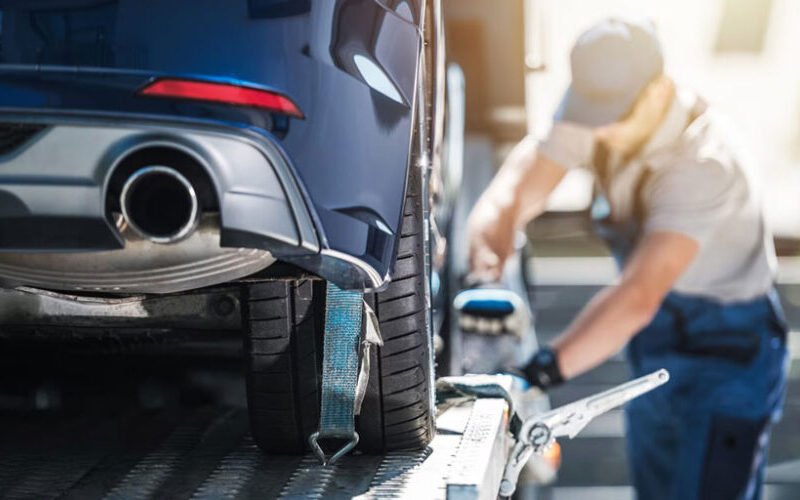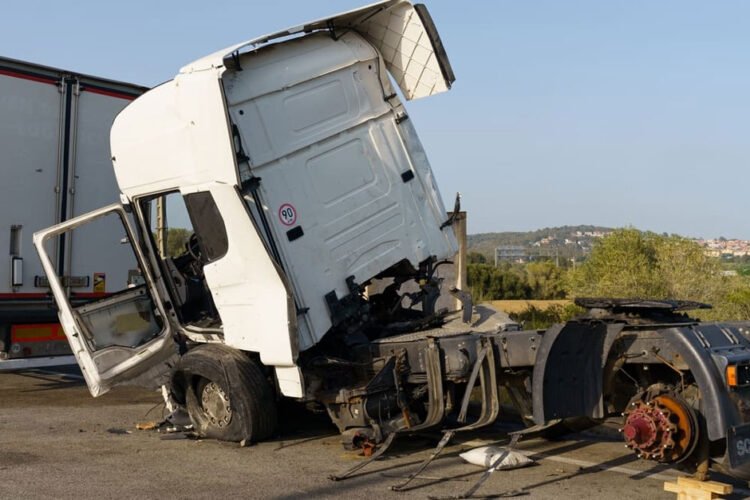A car getting towed from the driveway or disappearing from the grocery store parking lot is the kind of moment that sticks. It hits fast and leaves questions hanging in the air, what now, how bad is this going to get, and can anything actually be done? For anyone who’s fallen behind on auto payments, the fear of losing a vehicle becomes very real, very quickly. But even after repossession, the door to recovery isn’t necessarily closed. What to Do After a Repossession: Legal Advice That Can Save Your Car isn’t just a warning, it’s a guide for reclaiming control. In many cases, knowing your legal rights after vehicle repossession is the first step to turning a crisis into a second chance.
What Happens During a Repossession?
Auto loans are secured by the vehicle itself. That means missing payments gives the lender legal grounds to take back the car, sometimes without even ringing the doorbell. In states like Florida, repossession can happen without a court hearing, as long as it’s done peacefully and without property damage. That part often catches people off guard.
After the vehicle is taken, most lenders move quickly to sell it. The idea is to recover the money still owed. But if the sale doesn’t cover the full balance on the loan, the borrower could still be on the hook for the remaining amount, called a deficiency balance. That balance can lead to collection efforts, lawsuits, and credit damage if left unresolved.
Your Rights Don’t Vanish With Your Vehicle
What many don’t realize is that repossession comes with its own legal rules. Lenders must follow state-specific guidelines, provide certain notices, and allow borrowers a chance to reclaim their vehicle or settle the debt. Missing payments doesn’t erase your rights.
For starters, borrowers are entitled to a notice of sale that includes information about how and when the lender plans to sell the repossessed car. This window of time can be crucial. It may allow for reinstatement of the loan, redemption of the vehicle, or even legal intervention if the repossession violated state law.
Understanding your legal rights after vehicle repossession could uncover a solution most people never knew they had.
Reinstating the Loan: A Realistic Path for Many
Reinstatement is one of the most accessible routes to getting a repossessed vehicle back. It involves paying the missed payments, along with any fees tied to the repossession process, to bring the loan current. It doesn’t erase the loan, but it puts the borrower back on track, often with the same contract terms as before.
Not every lender offers reinstatement, but in many cases, it’s listed right in the original loan documents. Debt attorneys can help review those terms, negotiate with lenders, and make sure any reinstatement offer is fair. Time is critical, though. The chance to reinstate it often disappears as soon as the car is sold.
Redemption: Higher Stakes, But Still an Option
Another possibility is redeeming the vehicle, which means paying off the loan in full, including any additional charges, before the lender sells it. It’s a tall order, but sometimes it’s the right move, especially if the vehicle is worth significantly more than what’s owed or if it’s essential for daily life.
This option tends to be used by borrowers who have access to outside funding, such as a family loan, retirement withdrawal, or even a second lender. Attorneys can also help evaluate whether redemption makes financial sense and what repayment terms might be available under extreme hardship.
Can Bankruptcy Help After Repossession?
In some cases, filing for bankruptcy can stop repossession in its tracks, or even get a repossessed vehicle returned. It depends on timing.
Filing a Chapter 13 bankruptcy before the vehicle is sold can trigger an automatic stay, which puts all collection efforts, including repossession, on pause. This type of bankruptcy restructures debt into a manageable payment plan, and often allows borrowers to catch up on missed payments over time while keeping the car.
Even after repossession, if the lender hasn’t yet sold the vehicle, bankruptcy may provide a legal mechanism to get it back. This isn’t guaranteed, but it’s often possible, especially with legal help.
A Chapter 7 bankruptcy, while less likely to return the vehicle, may still offer protection from deficiency balances and help erase unsecured debt. Choosing the right chapter depends on income, the value of the car, and other personal financial factors.
Spotting Illegal Repossessions
Not every repossession is legal, and some are downright predatory. Lenders must avoid “breaching the peace” during a repossession, which means they can’t use force, threats, or trickery. They also can’t break into locked garages, damage property, or cause public disturbances.
If any of those lines were crossed, the repossession may be challengeable in court. Additionally, failing to provide post-repossession notices or selling the vehicle without proper procedures may open the door to a legal defense.
Attorneys familiar with repossession law can investigate whether a violation occurred and fight for remedies, which might include damages or a chance to reclaim the car.
How Credit Is Affected, and Repaired
Repossession impacts credit, no doubt about it. The missed payments, collection activity, and vehicle loss all show up on credit reports and can cause scores to drop. But the impact isn’t permanent.
Credit can start to rebound within a year if steps are taken quickly. Legal advisors often work with clients to develop credit repair plans that include disputing inaccurate entries, building positive history through secured credit cards, and managing debt in a way that shows responsible use of funds moving forward.
Getting Legal Support on Your Side
The aftermath of a repossession feels urgent. There’s pressure to act, but not always a clear path forward. That’s where professional legal support makes a difference. Debt and bankruptcy attorneys know how to navigate repossession laws, spot lender missteps, and help borrowers make empowered decisions.
They can walk through loan documents, negotiate reinstatement or settlement, and even take the lead in bankruptcy filings when needed. More than anything, they bring clarity to a moment that often feels chaotic.
Legal rights after vehicle repossession don’t enforce themselves. It takes knowledge, strategy, and in many cases, immediate action.
Final Thoughts
A car repossession isn’t the end of the road. Even in the most stressful moments, there are ways to turn things around and regain control. Whether the goal is to recover the vehicle, avoid further damage to credit, or prevent future legal headaches, there’s always a path, and legal professionals are ready to help walk it.
What to Do After a Repossession: Legal Advice That Can Save Your Car is more than just a warning. It’s a reminder that support exists, rights still apply, and quick action can change everything. The next move matters. Let it be one that leads toward clarity, protection, and the chance to rebuild.










